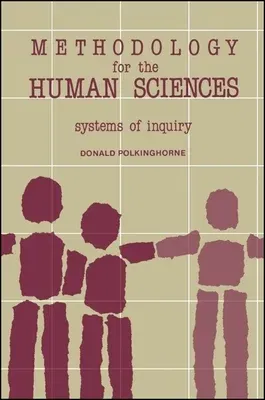Donald E Polkinghorne
(Author)Methodology for the Human Sciences: Systems of InquiryPaperback, 30 June 1984

Qty
1
Turbo
Ships in 2 - 3 days
In Stock
Free Delivery
Cash on Delivery
15 Days
Free Returns
Secure Checkout
Part of Series
Suny Transpersonal and Humanistic Psychology
Part of Series
SUNY Series in Transpersonal and Humanistic Psychology
Print Length
364 pages
Language
English
Publisher
State University of New York Press
Date Published
30 Jun 1984
ISBN-10
0873956648
ISBN-13
9780873956642
Description
Product Details
Author:
Book Format:
Paperback
Country of Origin:
US
Date Published:
30 June 1984
Dimensions:
22.86 x
15.24 x
2.06 cm
ISBN-10:
0873956648
ISBN-13:
9780873956642
Language:
English
Location:
Albany, NY
Pages:
364
Publisher:
Series:
Weight:
530.7 gm

